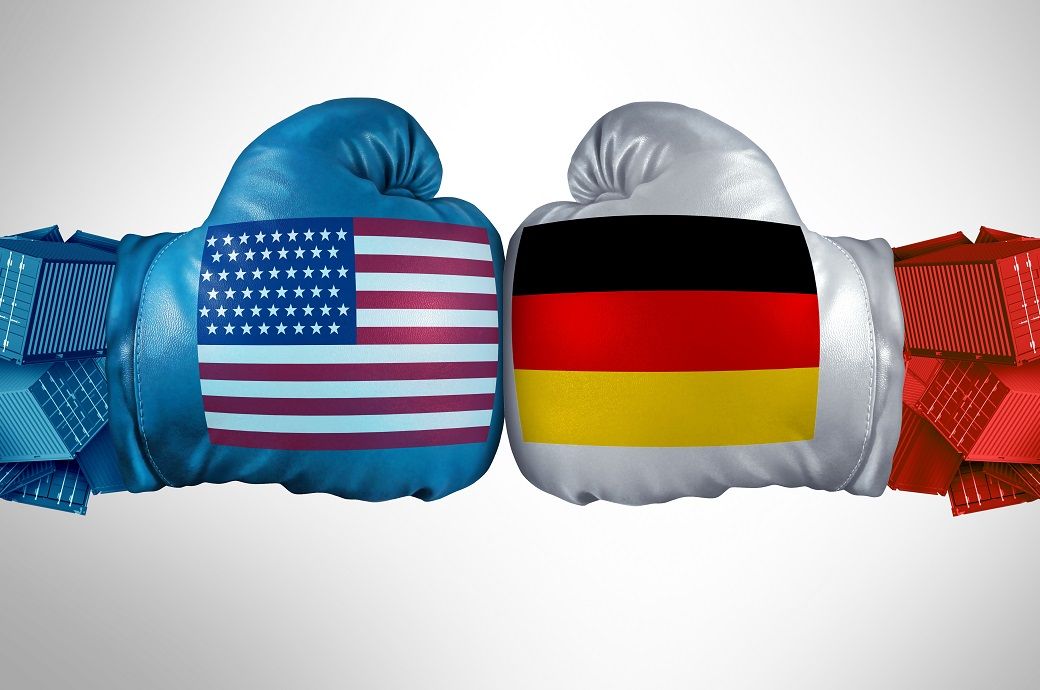

“Potentially, over half of all German exports to the United States are affected,” said Lisandra Flach, trade expert at ifo. “However, the impact of reciprocal tariffs would be significantly lower for Germany than with a blanket US tariffs increase of 20 per cent.” That’s because the gap in tariffs between the US and the EU is relatively small at 0.5 percentage points.
According to earlier simulations by the ifo Institute, German exports to the US would fall by around 15 per cent in the case of US tariffs of 60 per cent on China and 20 per cent on the rest of the world (including the EU).
“The planned tariffs increase marks a turning point and is a frontal attack on the rules-based global economic order. In practice, it undermines almost 80 years of multilateralism,” added Flach.
According to the simulations, if the EU successfully negotiates a mutual reduction in reciprocal tariffs with the US, it will yield positive outcomes, ifo said in a press release.
“Should the EU negotiate fully reciprocal tariffs with the US, and Trump agreed to reduce tariffs accordingly, German value added would increase. Our findings underscore the important role of negotiations in averting the detrimental effects of a trade war,” said Flach.
Fibre2Fashion News Desk (SG)